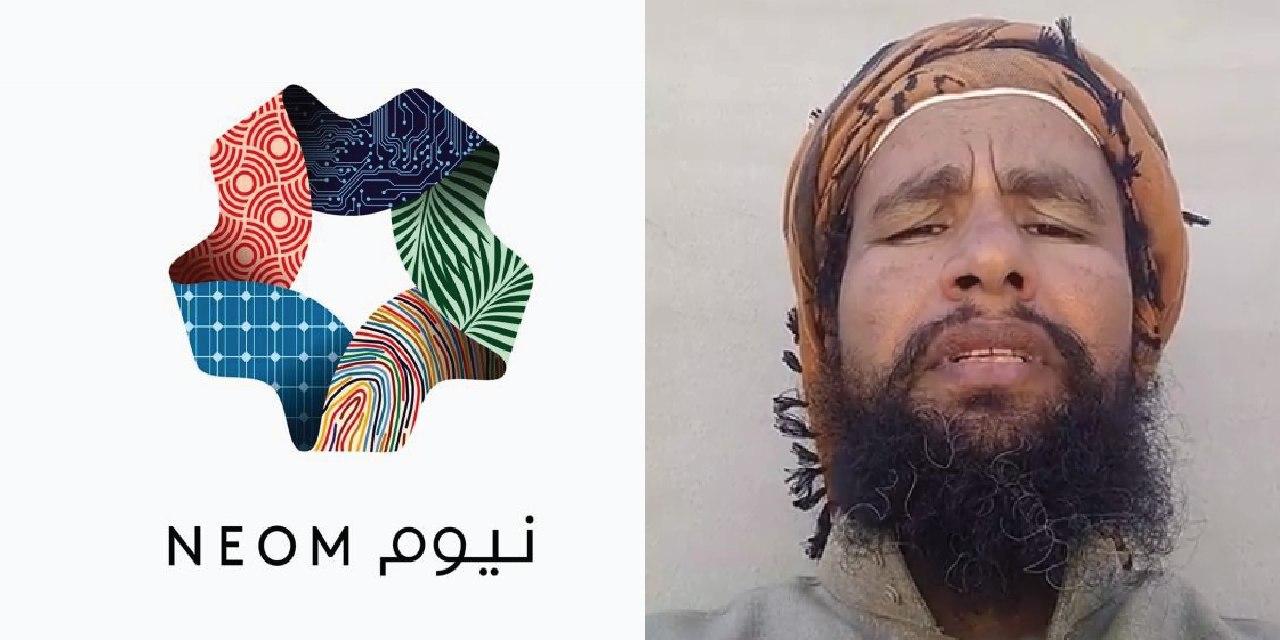
In 13 April, 2020 the Government of Saudi Arabia extra-judicially executed a man mere hours after he posted a video on social media expressing defiance against a forced eviction order, which he received as part of the Government’s NEOM project. The European Saudi Organization for Human Rights (ESOHR) condemns both the associated extrajudicial killing and the government’s forced migration operation, which it believes to be part of a coordinated campaign of aggression against the al-Huwaitat tribe, who refuse to leave their lands.
In January 2020, Crown Prince Mohammed bin Salman announced the implementation of the NEOM project within a vast area located on the coast of the Red Sea. Although initial speculation indicated that the NEOM project would be built entirely within uninhabited desert lands, the project inevitably expanded into inhabited cities and villages.
The Government proceeded to expropriate those inhabited areas, and began conducting a forced migration campaign against local residents. Many of these people belong to the al-Huwaitat tribe, which considers the area their ancestral home and which has inhabited many of the towns and villages for centuries.
Such was the case of Abdul Rahim al-Huwaiti, a resident of the town of Khuraibat in northwestern Saudi Arabia. On Monday, 13 April 2020, several videos posted by al-Huwaitat persons began circulating social media.
The videos documented a heavy Saudi security presence in the region that apparently intended to forcibly evict the local population. Abdul Rahim featured prominently in several of these videos, in which he indicated his intent to disobey the Saudi government’s eviction order. Several hours later, Saudi security forces killed Abdul Rahim in his home. Photos from the scene show that Saudi security forces used live ammunition with intent to kill.
Two days after the operation, on April 15, the Presidency of the State Security issued a statement acknowledging the killing of Abdel Rahim, stating that it considered him to be a wanted man, apparently against the background of his recording of video clips expressing his opinion of the forced migration campaign. The Government alleged that Abdul Rahim opened fire against state security forces, after which state security forces used lethal force to subdue him. ESOHR understands, however, that it is standard practice for the Saudi government to cover up its extrajudicial killings of civilians by alleging their initial use of force, even in the absence of evidence.
ESOHR notes that this is not the first time that Saudi Arabia has employed lethal force in an eviction campaign. The Government previously used excessive force and medium and heavy weaponry during its occupation of the city of al-Awamiyah, and in its destruction and removal of the Al-Musawara archeological neighborhood, in 2017.
ESOHR stresses the importance of citizen engagement in projects like NEOM. Citizens must be allowed to participate in decision-making and in the management and control of government actions. Progress in the Kingdom must work for the best interests of local populations, and not come at the cost of their blood and souls.
ESOHR calls on the partners of the Saudi government in the NEOM Project, especially those making up its Board of Advisors, to investigate the circumstances of Abdul Rahim al-Huwaiti’s death, to ensure that all officials responsible are held accountable, and to carry out their moral and humanitarian duty and to freeze their support of NEOM until such time as the government establishes responsible policies for its development.
